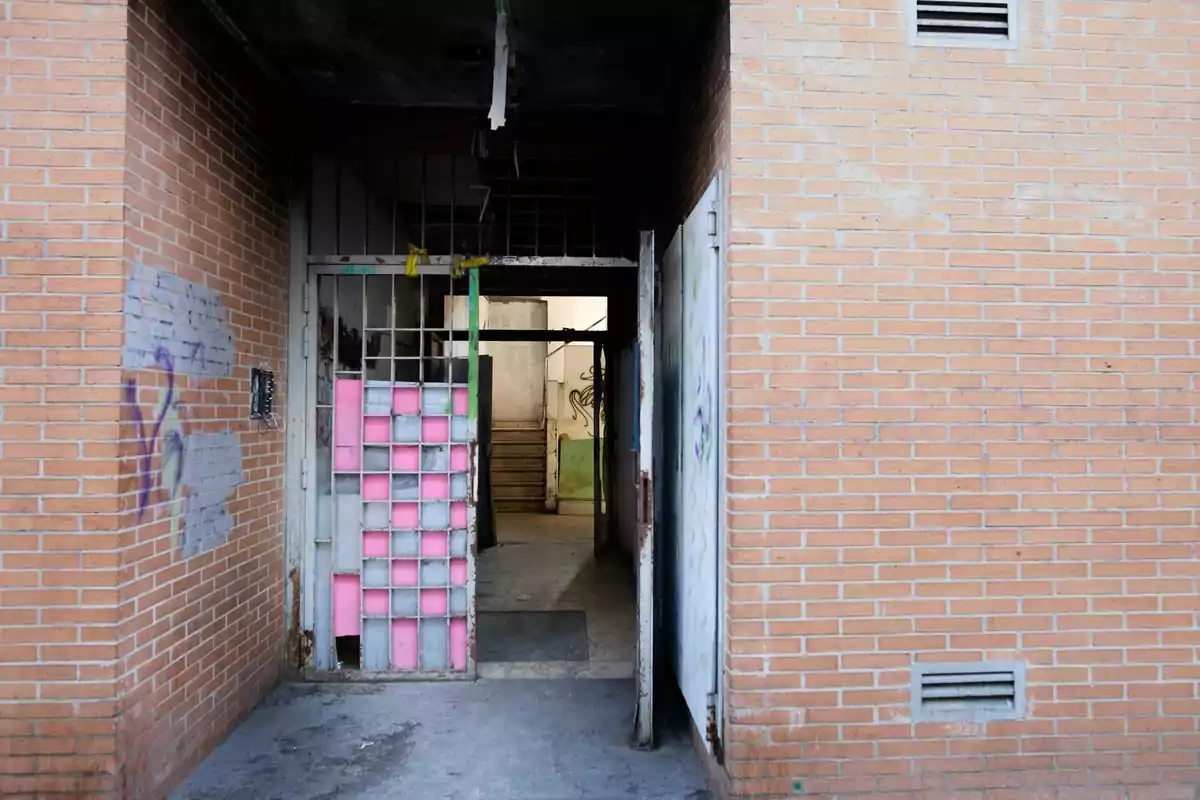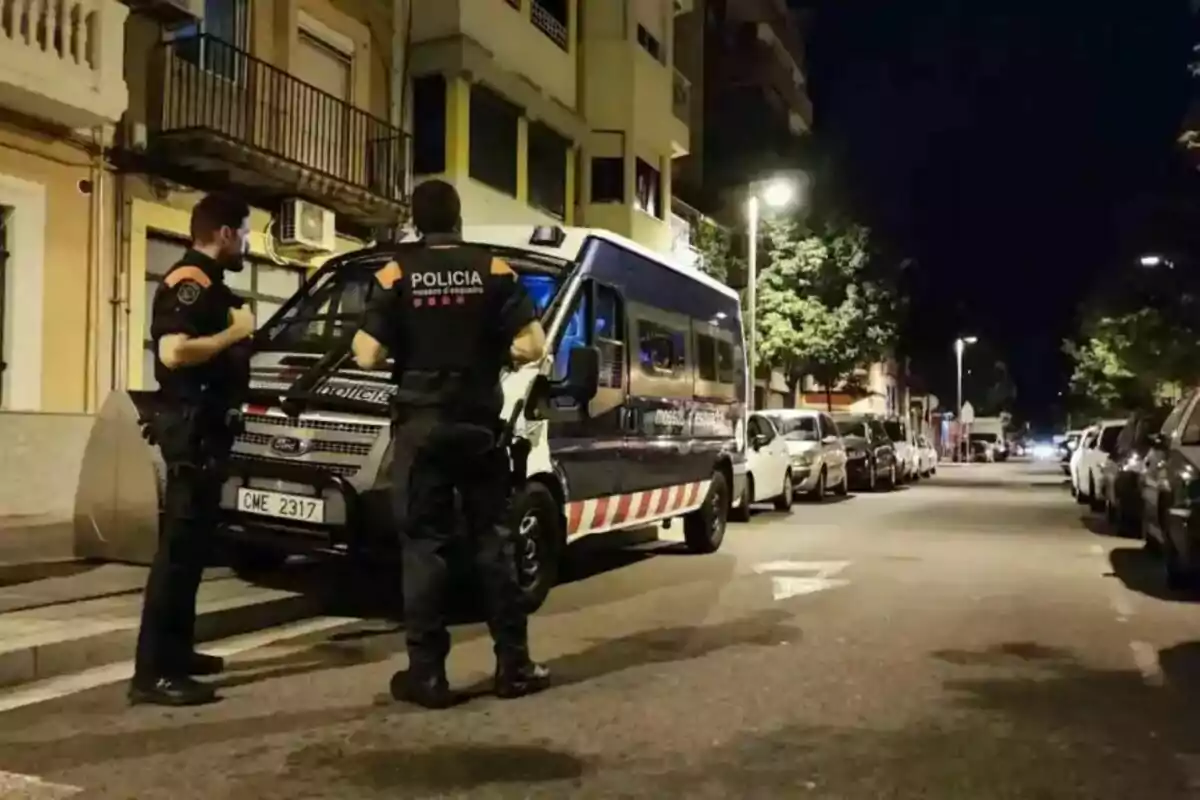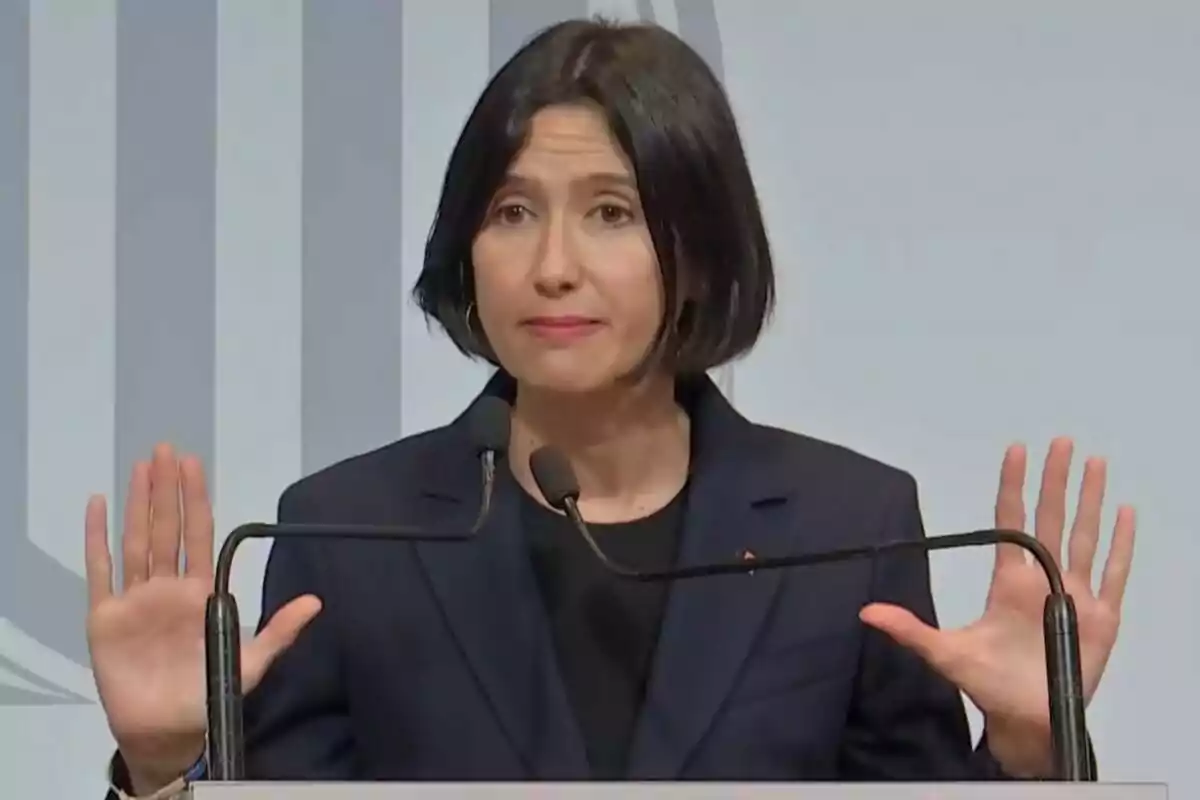
Neighbors in Móra d'Ebre, fed up with okupa impunity: insecurity, drugs, fires...
Criminologists had already warned about it: squatting creates 'criminal comfort zones'
The night of Monday, July 21 marked a new critical point in neighborhood coexistence in Móra d’Ebre. A fire in an illegally occupied apartment building on Gràcia Street forced the evacuation of sixteen people, including two elderly individuals over 90 years old. Although there were no injuries, the fire has intensified the residents' discomfort, who report years of insecurity, drug trafficking, and institutional neglect.
The four-story building burned violently on its second and third floors. According to El Caso, six fire crews worked for hours to control the flames. The structure partially collapsed, and one of the apartments fell completely onto the one below. The building has been declared uninhabitable and the entrances have been sealed off.
The focus of neighborhood criticism is the continued occupation of the property, owned by SAREB, and occupied for more than two years. Residents link the fire to a possible drug cultivation operation inside. They claim this is the third fire related to this building and that for years they have suffered threats, altercations, and a clear deterioration of coexistence.

The Móra d’Ebre City Council has called an extraordinary plenary session so citizens can express their complaints directly to the council. The mayor of the municipality, Rubén Biarnés, has publicly expressed his powerlessness to act effectively in the face of the problem. He acknowledges that, although occupations have been reduced in part of the building, irregular situations still persist. According to his statements, the problem lies in the lack of legal tools to act quickly.
Frustration has also spread to law enforcement agencies. Mossos d’Esquadra, Local Police, and Civil Guard are well aware of the situation, but current legislation limits their ability to intervene. Meanwhile, residents report that conflicts persist and that the neighborhood has seen episodes of violence multiply.
A slow but steady decline
This local case is part of a broader context affecting all of Catalonia. According to data from the Ministry of the Interior, the community accounts for 72% of arrests for home invasion in Spain. More than half of those arrested for these crimes in Catalonia are foreigners, and most are non-EU nationals. The upward trend has prompted several Catalan mayors to demand urgent legislative changes.

In Móra d’Ebre, residents are demanding not only immediate solutions but a change in the model. Seven empty apartment buildings, owned by financial institutions, are currently unused in the municipality. The mayor has proposed to the Generalitat that they acquire these properties to turn them into social housing and prevent new illegal occupations.
While administrations exchange powers and responsibilities, citizens continue to be the most affected. Many fear for their safety and feel that current laws favor occupants more than owners. This week's fire has been a tangible reminder of a conflict that, far from being solved, seems to become more entrenched with each new episode.
More posts: